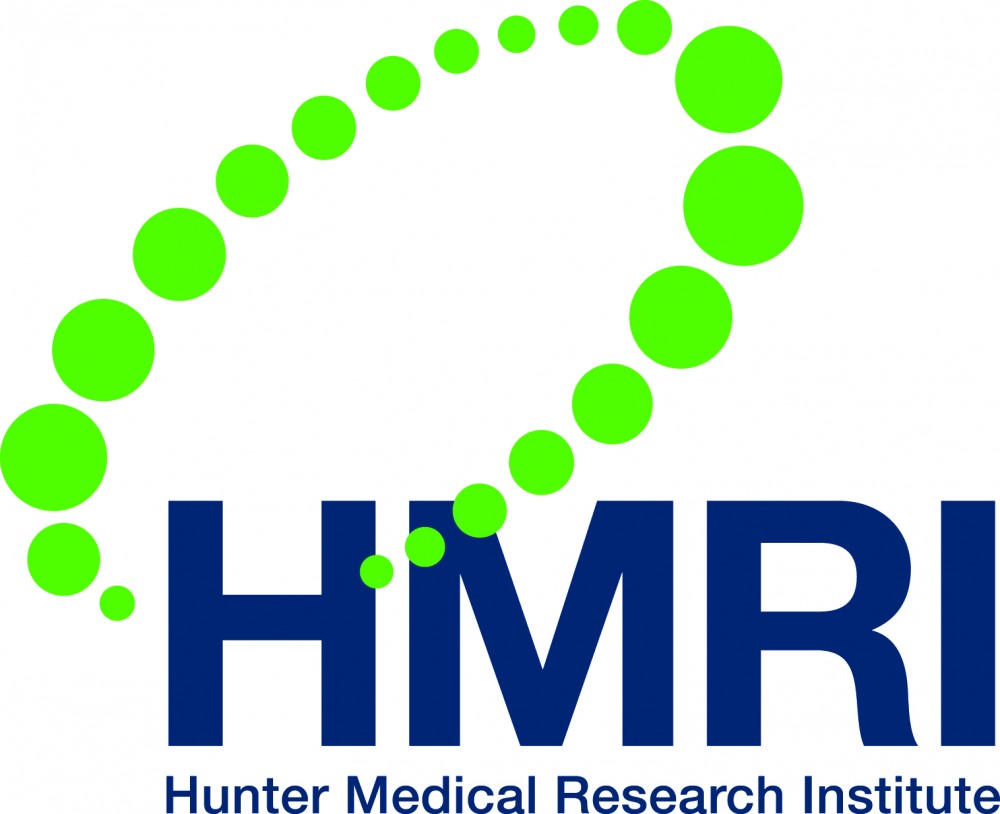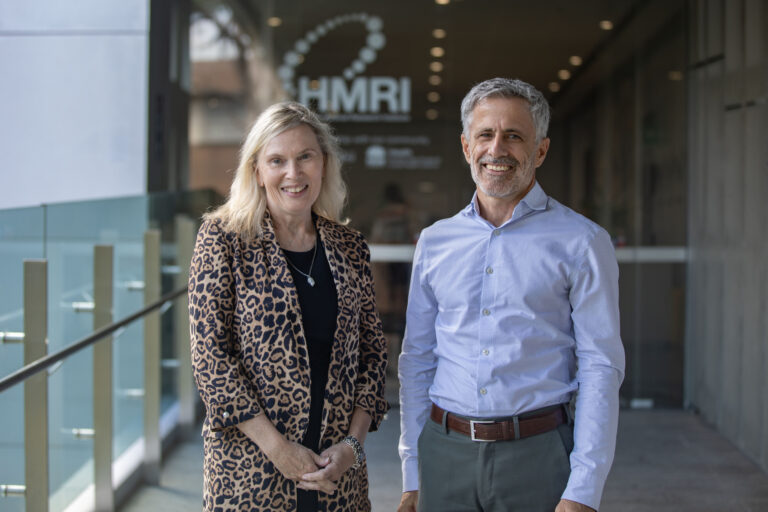With more than a third of Australians now drinking alcohol daily, compared to 6 per cent pre-COVID-19, local researchers are developing a digital tool to help communities manage the ongoing impacts of COVID-19.
A team of researchers from the University of Newcastle (UoN) and Hunter Medical Research Institute (HMRI) has been awarded one of 10 NSW Ministry of Health COVID-19 Research Grants, designed to fund research in priority areas to directly support the NSW Health response to the COVID-19 pandemic.
While the mental health consequences of COVID-19 are still emerging, it is estimated depressive and anxious symptoms are two to three times higher than before the pandemic hit, placing more pressure on an already overloaded mental health support system.
Proposing a different model of care to optimise mental health resources, as Australians continue to manage their response to the pandemic, the $459,046 grant will facilitate the development of engaging, evidence-based digital treatments for people with anxiety, depression, and alcohol use concerns across NSW.
The team will develop a co-designed, digital treatment program for co-occurring depression, anxiety and alcohol use that can be delivered 24/7 from any device.
Provided through a safe, private, and secure digital tool known as eCliPSE (Electronic Clinical Pathways to Service Excellence) it will test different ways of encouraging NSW residents to access the tool for their mental health and wellbeing.
On a single Friday night during the COVID-19 lockdown in NSW the Foundation for Alcohol Research and Education recorded 107 sponsored alcohol advertisements on people’s Facebook and lnstagram accounts; around one every 35 seconds.
Lead researcher, Dr Milena Heinsch of the University of Newcastle’s Centre for Brain and Mental Health Priority Research Centre, said this form of advertising was harmful.
“This kind of exposure to alcohol, particularly when encouraged as a coping strategy, is strongly linked to increased risk of developing a long-term alcohol use disorder, especially for women,” Milena said.
“Early intervention programs to mitigate this exposure are critical. eCliPSE is like a tailored plan to help support and improve mental health and wellbeing, delivered digitally in a person’s own home or in the palm of their hand.”
eCliPSE provides 24/7 access to fact sheets, quick self-help tools, online treatment programs, and a geo-location service to link people with services in their local community.
It also includes a clinician interface that permits linkages between clinicians and community members.
Deputy Vice-Chancellor (Research and Innovation), Professor Janet Nelson, said Milena’s project was an outstanding example of the University’s commitment to improving the health and wellbeing of people in our regions and around the world.
“This project is an example of how rapidly our University of Newcastle researchers can translate our research into practice. It will leverage digital technology to help deliver much-needed support for people who are experiencing depression, anxiety, and alcohol use right across the state of NSW,” Janet said.
“It is an innovative and solution-based project that responds to the pressing mental health needs of our communities as we recover from the broader impacts of COVID-19.”
The outcomes of the project will provide an opportunity for findings to be scaled-up and implemented beyond the COVID-19 period, extending to other natural disasters and widespread times of hardship.
IMAGE | New tool sets to be a breakthrough for managing and addressing mental health concerns in relation to COVID-19 in NSW.







